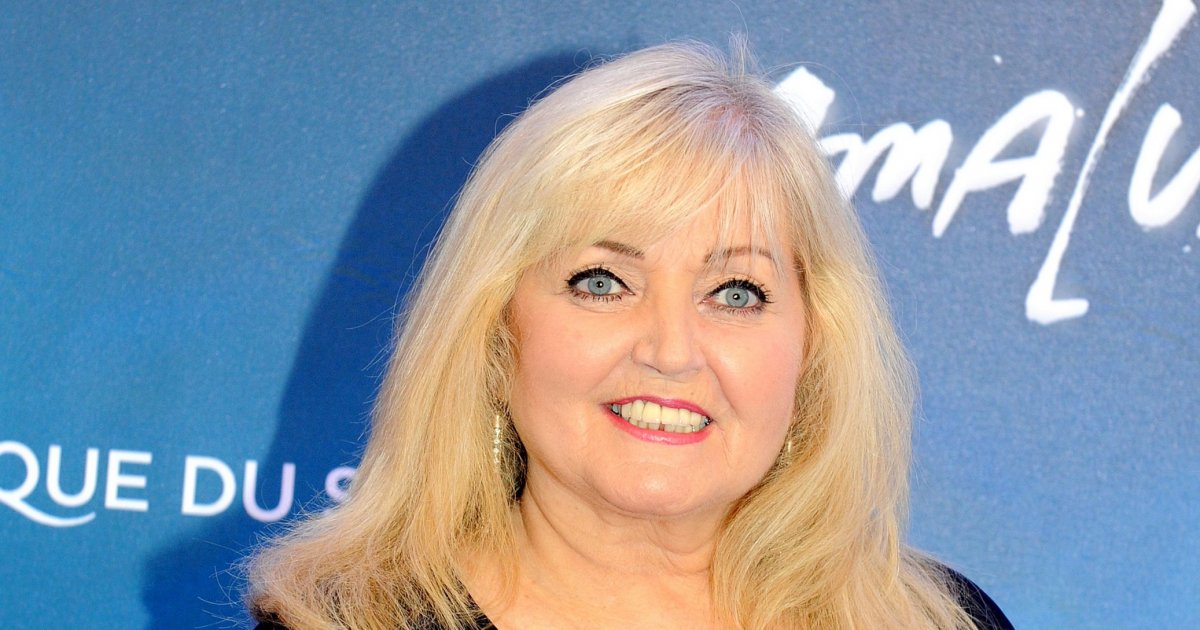Nolans Battle Breast Cancer
- Irish singer Linda Nolan, 62, is battling breast cancer alongside her sister, Anne Nolan; the two underwent chemo together.
- Having a strong support network through cancer can help make the journey easier.
- Screening for breast cancer is done via mammogram.
The two even underwent chemo together. “It was good to have my sister with me all through my treatment. It was amazing – the best thing,” says Anne in an interview with New magazine. They’ve joked that they’re the “chemo sisters,” like the band The Chemical Brothers. Their sister Maureen took them to their hospital appointments; they dubbed her “Florence Nightingale,” thanks to her caretaking.
Read MoreSupport Through Cancer
Having a strong support network through cancer be it family or friends can make the cancer journey easier to bear.Cancer survivor Kelly Sargent credits her support network with seeing her through her cancer battle.
“When I was diagnosed, as soon as I got in the hospital, I started going online to find not only information, but also support groups, stories from survivors, anything that I could find as far as my treatment I definitely looked for,” says Sargent in an earlier interview.
“I have met some incredible people in San Antonio. Coming here not knowing anyone, I’ve been blessed with having met some incredible ladies. I have an incredible set of friends that I met after my diagnosis through a Bible study group that have become very, very close friends of mine that are an incredible part of my support system.”
The Benefit of Support Networks for Cancer Patients
Screening for Breast Cancer
Screening for breast cancer is done via mammogram, which looks for lumps in the breast tissue and signs of cancer. In an earlier interview, Dr. Connie Lehman, the chief of the Breast Imaging Division at Massachusetts General Hospital, discusses mammogram screenings. She tells us, “If you haven’t gone through menopause yet, I think it’s very important that you have a mammogram every year.”
Related: When You're Getting a Mammogram, Ask About Dense Breasts
“We know that cancers grow more rapidly in our younger patients, and having that annual mammogram can be lifesaving,” says Dr. Lehman. “After menopause, it may be perfectly acceptable to reduce that frequency to every two years. But what I’m most concerned about is the women who haven’t been in for a mammogram for two, three, or four years, those women that have never had a mammogram. We all agree regular screening mammography saves lives.”
When Should I Get a Mammogram?
Learn more about SurvivorNet's rigorous medical review process.


